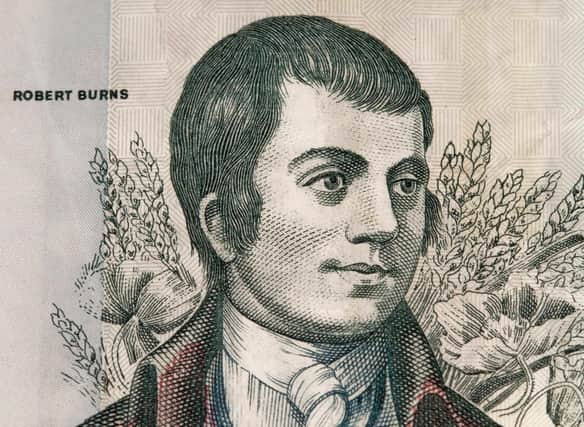Robert Burns was born on January 25, 1759, in Ayrshire and is known the world over for his verse, which has earned him the title of Scotland’s national poet.
He is the most prominent of the poets to have written in the Scots language, partly because he favoured a ‘light Scots dialiect’ which is easily accessible to those beyond his home country.
Burns also wrote in standard English, particularly when offering political and social commentary, but remains best loved for his work in his native language – which saw him named ‘the greatest Scot’ after a public vote run by television channel STV.
Traditionally a Burns Supper is held on the Bard's birthday, although the first was held by the poet’s friends at Burns Cottage on July 21, 1801, to mark the fifth anniversary of his death.
Over a meal of haggis, neeps and tatties poetry is recited, such as ‘To a Mouse’ and ‘Address to the Haggis’, with the men making fun of the women in the ‘Toast to the Lassies', before the girls have the last laugh with the 'Reply From the Lassies'.
Here are 10 of the best known poems by Robert Burns.
Read more:
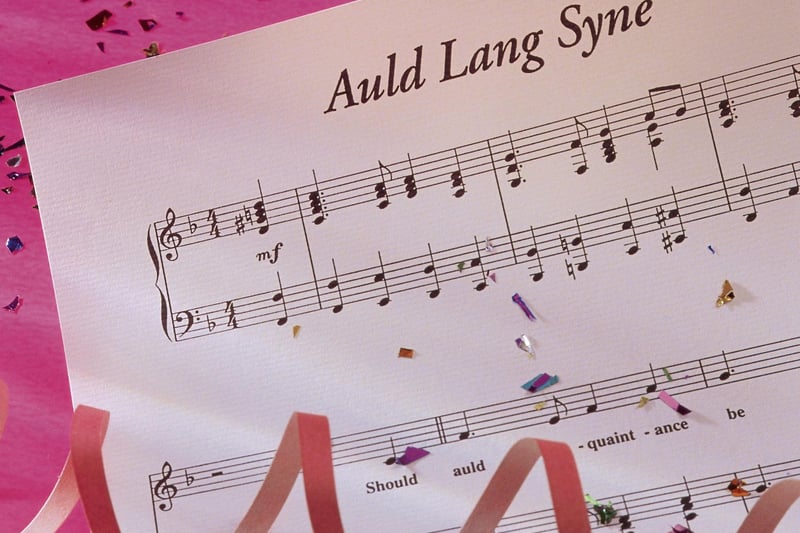
1. Auld Lang Syne
Thought to contain material 'collected' from other sources, rather than being a wholly original work, 'Auld Lang Syne' is sung around the world to welcome the new year, as well as at funerals, graduations and to close events. Containing the familiar opening lines, "Should auld acquaintance be forgot, and never brought to mind? Should auld acquaintance be forgot, and auld lang syne?", the song describes a pair of friends reminiscing and raising a drink 'for old time’s sake'. Photo: Canva/Getty Images
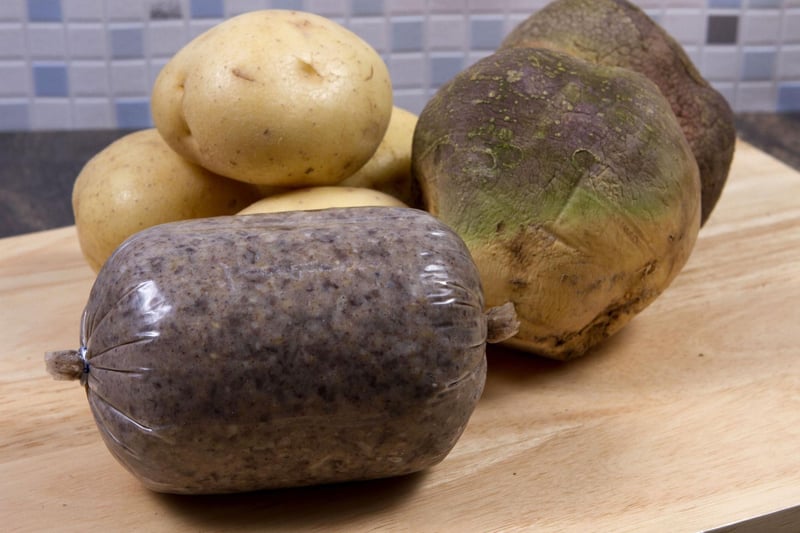
2. Address to a Haggis
No Burns Supper is complete without a recitation of 'Address to as Haggis', following the piping in of the "great chieftain o' the pudding-race". It was a popular meal among Scotland’s poor rural folk during Burns' lifetime, leading the poet to immortalise the thrifty dish in verse. Photo: Canva/Getty Images
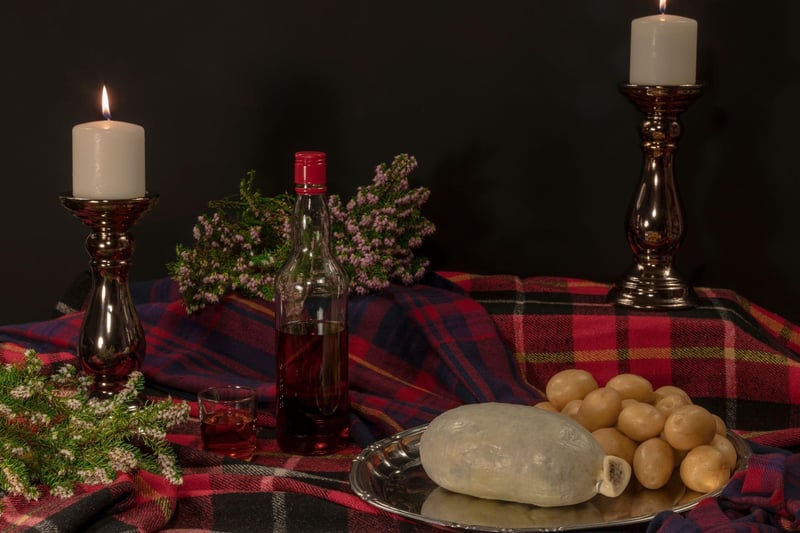
3. The Selkirk Grace
Short and sweet, the four-line Selkirk Grace is a prayer traditionally said before tucking into a Burns Supper. The lines, "Some hae meat and canna eat, And some wad eat that want it, But we hae meat and we can eat, Sae let the Lord be Thankit!", are thought to have been first used by Robert Burns during a visit to the Earl of Selkirk, where he was asked to say grace before dinner. Photo: Canva/Getty Images
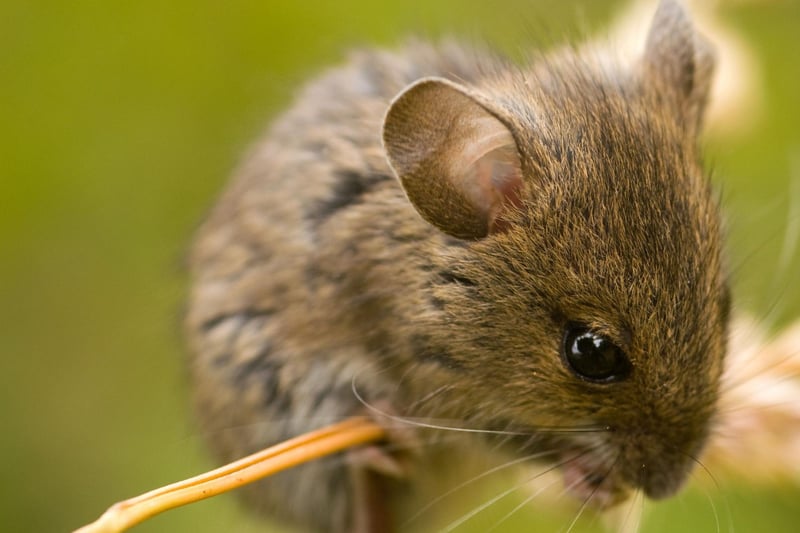
4. To a Mouse
The tale of a "wee, sleekit, cowrin, tim'rous beastie" was apparently inspired by Burns stumbling upon a field mouse's winter nest while ploughing a field. It deals with mortality and mankind’s imposition on nature, with the line "The best-laid schemes o’ mice an’ men, Gang aft agley” used by author John Steinbeck for the title of his 1937 bestseller 'Of Mice and Men'. Photo: Canva/Getty Images
